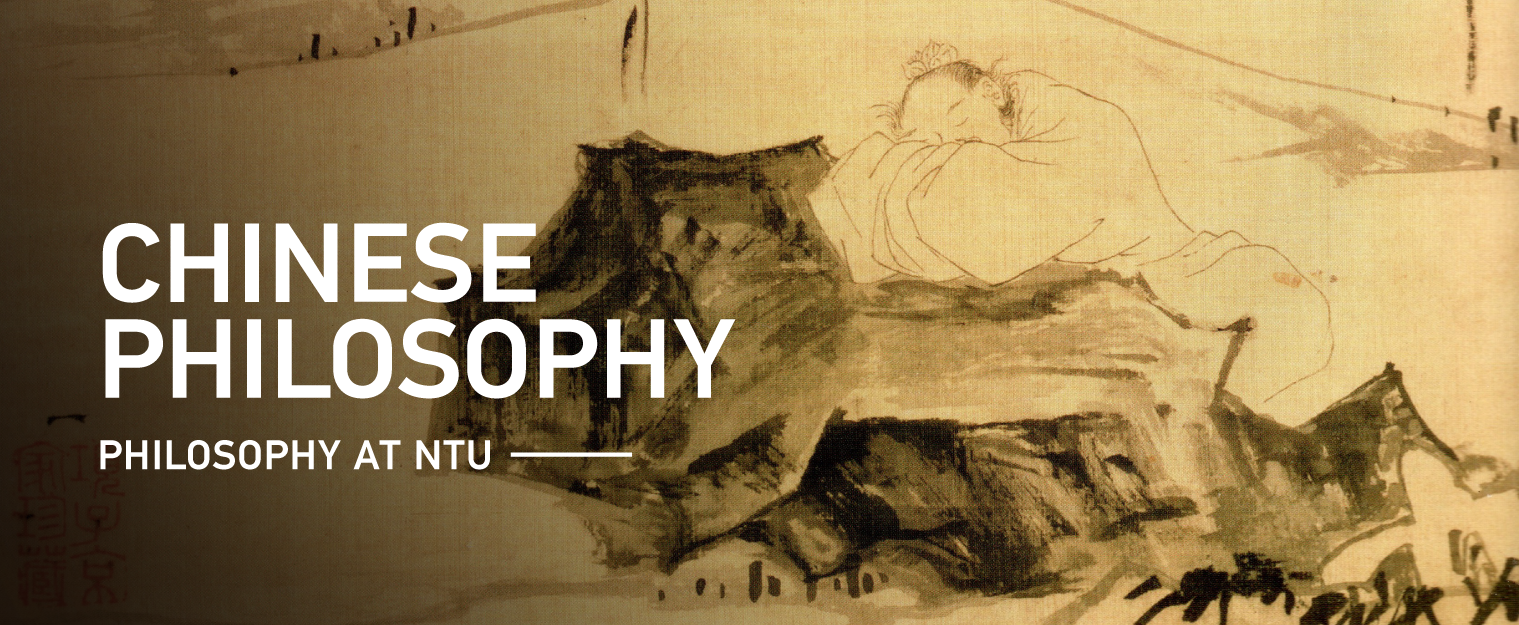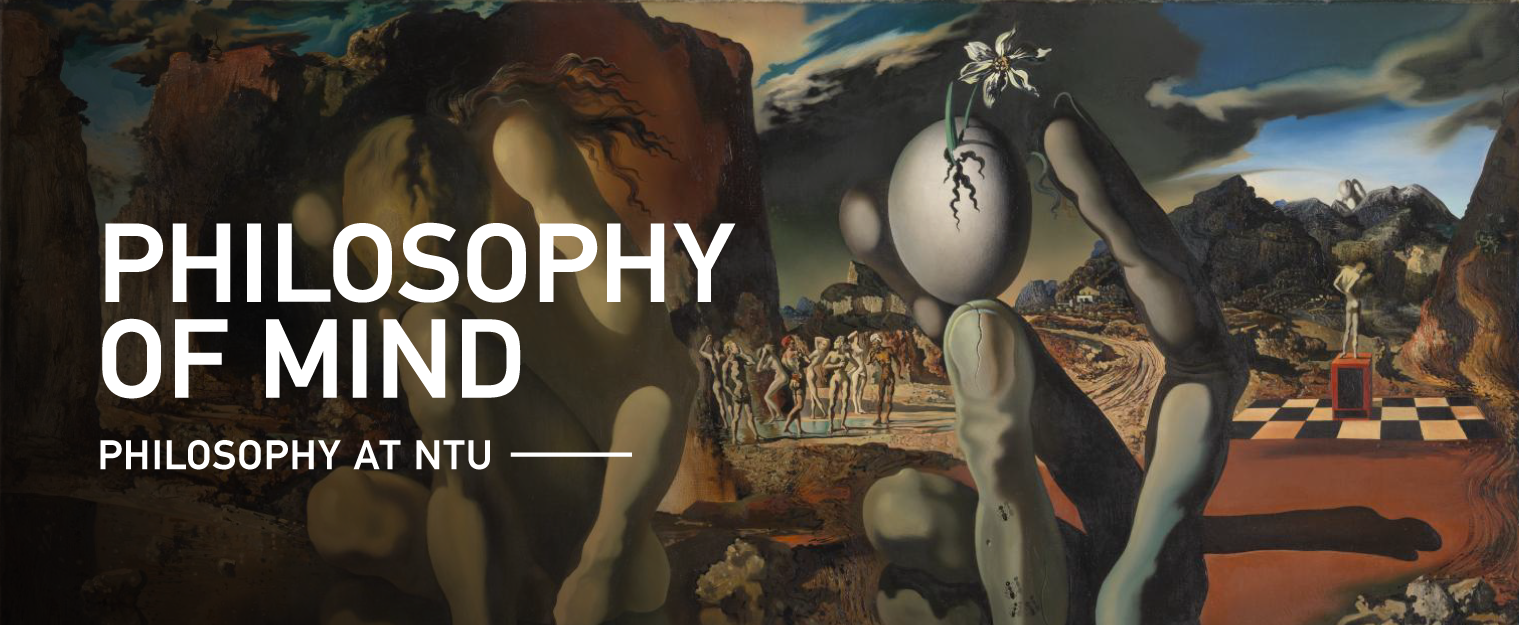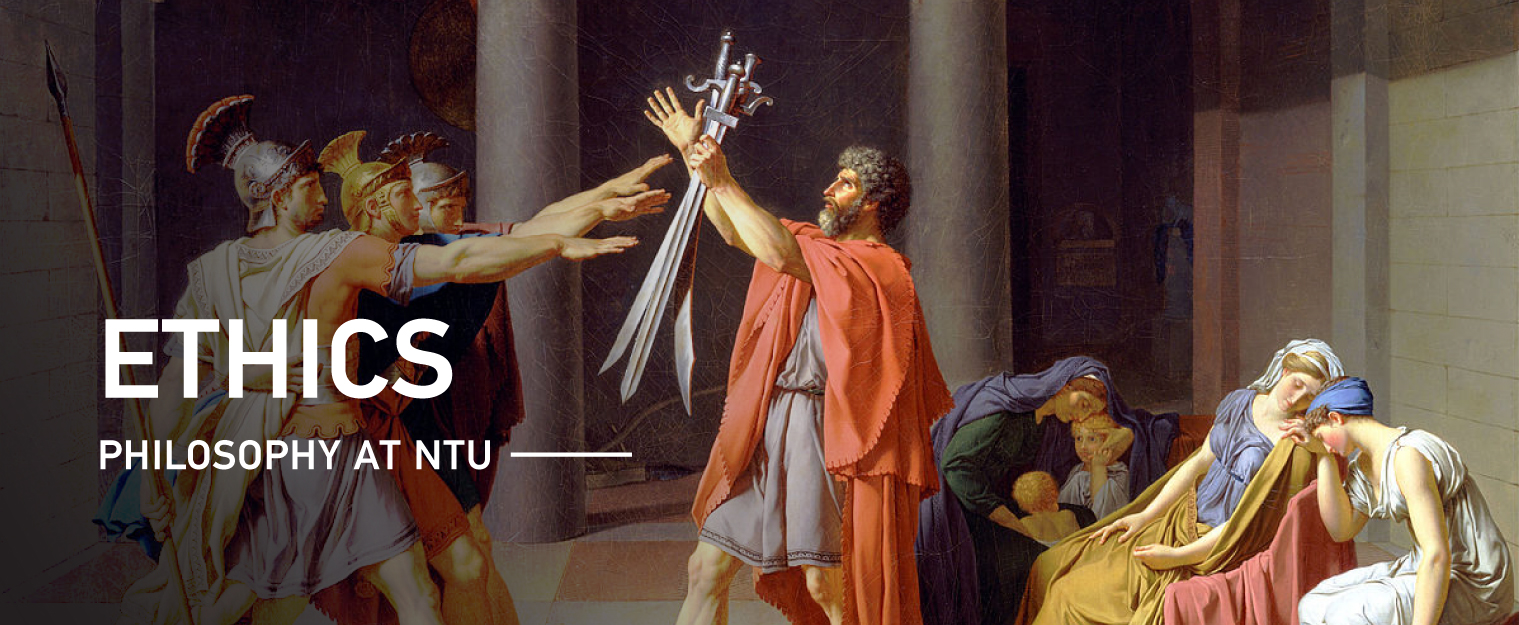Philosophy
Members of the Philosophy Programme have wide-ranging interests. But, in line with the Programme's role in the School of Humanities and NTU as a whole, these interests are intended to cluster around certain areas of research: Chinese Philosophy, Philosophy of Mind, Ethics, and Philosophy of Science. For recent course offerings, see here.

Chinese Philosophy
Researchers: Chenyang Li, Winnie Sung
Our research covers a wide range of topics in Chinese philosophy. We have a strong emphasis on early Confucian philosophy, Confucian moral psychology, and comparative philosophy.

Philosophy of Mind
Our research covers a range of topics in philosophy of mind, including perception, memory, self-consciousness and self-knowledge, action and agency, imagination, reasoning, singular thought, and artificial intelligence. Our faculty approach these and related themes by drawing on various disciplines and traditions, including analytic philosophy, cognitive science, and Chinese and comparative philosophy.

Ethics
Researchers: Melvin Chen, Christina Chuang, Arianne Conty, Christophe de Ray, Andrew Forcehimes, Chenyang Li, Grace Boey
Our research covers a range of topics in ethics and metaethics, including moral psychology, consequentialism, well-being, rational decision making, environmental ethics, and the ethics of new technologies. Our faculty approach these and related themes by drawing on various disciplines and traditions, including analytic philosophy, cognitive science, and Chinese and Asian philosophy.

Philosophy of Science
Researchers: Melvin Chen, Eugene Chua, Teru Miyake, James Openshaw, Jacob Stegenga
Our research covers several different aspects of the philosophy of science and the philosophy of technology. Specifically, our research focuses on general philosophy of science, philosophy of medicine, philosophy of cognitive science, epistemology, the philosophy of artificial intelligence, and historical approaches to philosophy of science.
